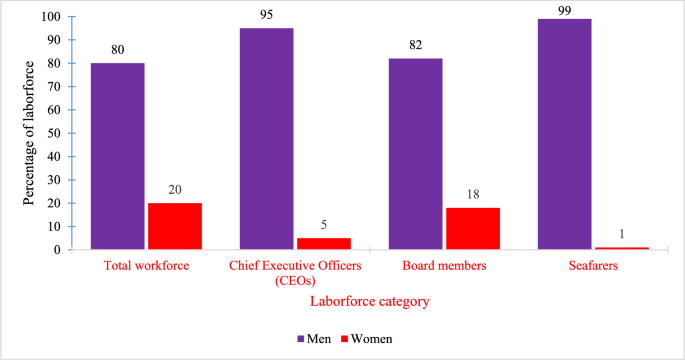Seasonal Variations in Horse Sales

Understanding how horse sales fluctuate throughout the year can help buyers, sellers, and industry professionals make informed decisions. Seasonal trends influence pricing, demand, and availability, making it crucial to recognize these patterns.
Key Seasonal Trends
| Season | Market Activity Level | Typical Buyer Behavior | Price Trends | Notes |
|---|---|---|---|---|
| Spring | High | Increased interest due to new training and competition seasons | Prices often peak due to demand | Ideal time for selling young or trained horses |
| Summer | Moderate | Buyers focus on leisure and trail riding horses | Prices stabilize or slightly drop | Good for casual sales and local markets |
| Fall | High | Preparation for winter competitions and sales | Prices rise again | Popular for selling competition-ready horses |
| Winter | Low | Reduced activity, buyers are cautious | Prices tend to drop | Best time for bargain hunters |
Factors Influencing Seasonal Sales
- Competition Schedules: Many buyers purchase horses in spring and fall to prepare for upcoming events.
- Weather Conditions: Harsh winters can limit horse movement and viewing opportunities.
- Breeding Cycles: Foals are typically born in spring, affecting availability and pricing.
- Economic Cycles: Holiday seasons and year-end budgets can impact buyer spending.
Tips for Sellers
- Time Your Sale: Align sales with peak demand seasons like spring and fall.
- Market Appropriately: Highlight features that appeal to seasonal buyers, such as training level or suitability for upcoming events.
- Prepare Horses: Ensure horses are in optimal condition to attract buyers during competitive seasons.
- Be Flexible: Consider offering discounts or incentives during slower periods like winter.
Frequently Asked Questions (FAQ)
Q1: When is the best time to buy a horse?
A: Typically, winter offers lower prices due to reduced demand, but buyers should be cautious about horse condition and availability.
Q2: How do breeding seasons affect horse sales?
A: Since most foals are born in spring, this season sees an influx of young horses entering the market, influencing prices and buyer interest.
Q3: Can weather impact horse sales?
A: Yes, extreme weather can limit horse viewing and transportation, affecting market activity especially in winter.
Q4: Are there regional differences in seasonal sales?
A: Absolutely, climate and local competition schedules can cause variations in sales patterns across different regions.
By understanding these seasonal dynamics, both buyers and sellers can better navigate the horse market, optimizing timing and strategies for successful transactions.
